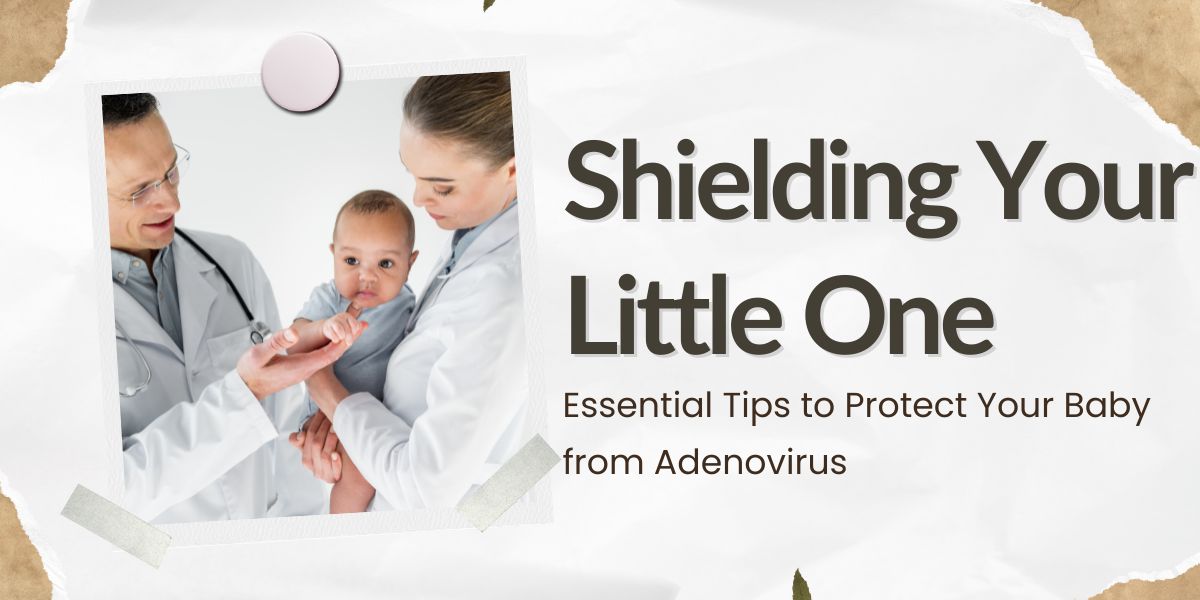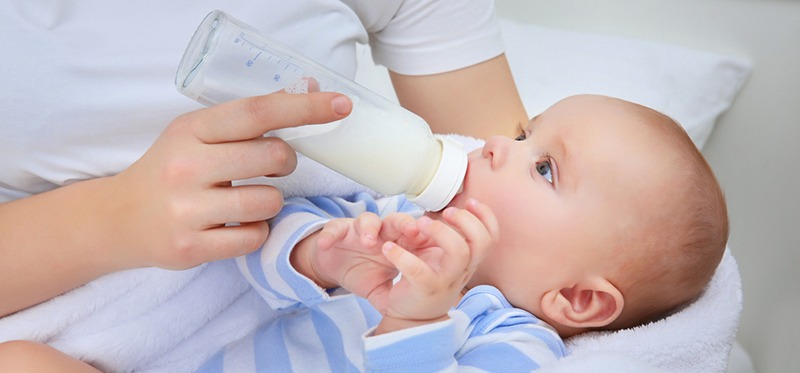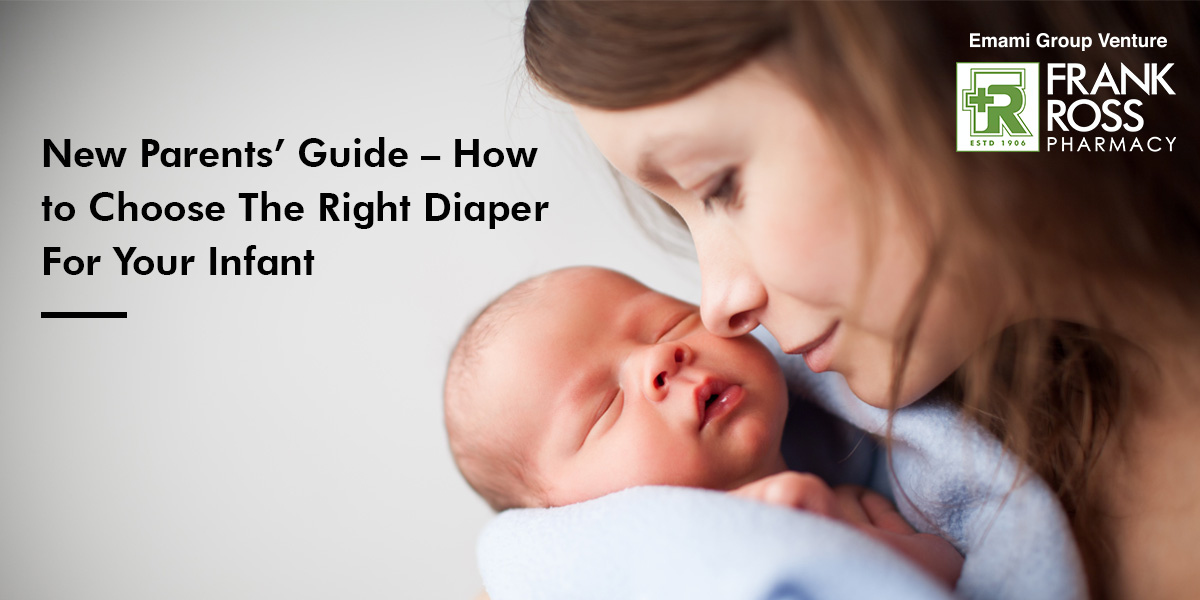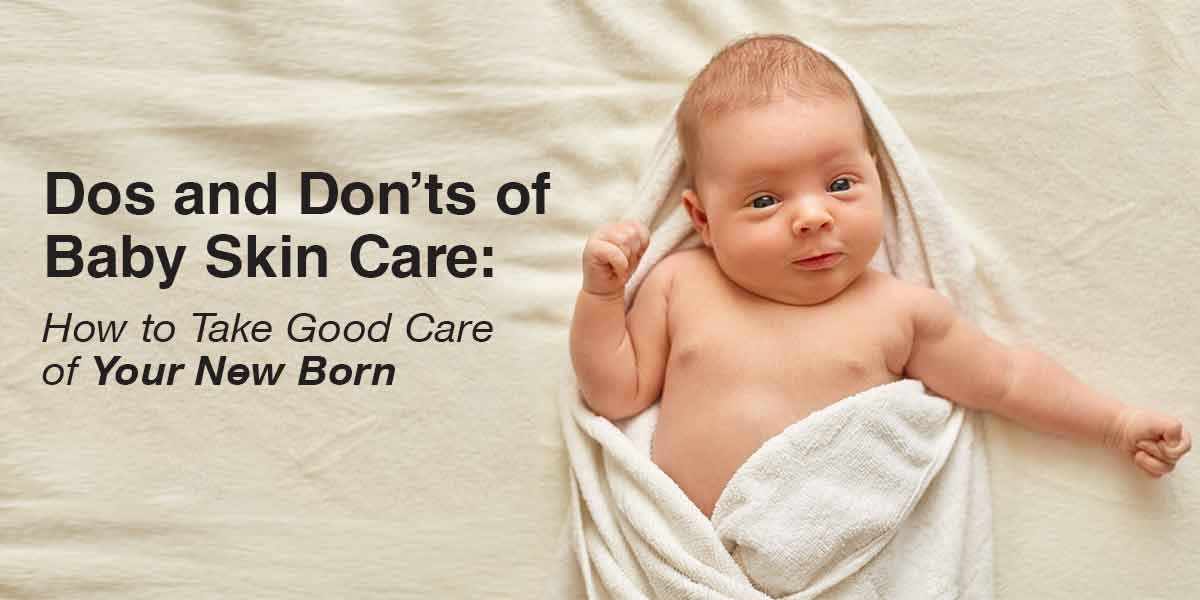Introduction
Welcome to our comprehensive guide on protecting your baby from Adenovirus for baby care. As a parent, it’s crucial to prioritize your baby care and well-being, especially when it comes to preventing viral infections. Adenovirus can cause various respiratory and gastrointestinal illnesses, making it essential to take proactive measures to safeguard your baby’s health. In this blog post, we will provide you with essential tips and guidelines to help you create a protective shield for your little one. Let’s dive in!
Understanding Adenovirus
Adenovirus is a group of viruses that can cause a range of illnesses, including respiratory infections, conjunctivitis, and gastroenteritis. It spreads through direct contact with an infected person, contaminated surfaces, or respiratory droplets from coughs and sneezes. Babies and young children are particularly susceptible to adenovirus due to their developing immune systems. Therefore, it’s crucial to be aware of the symptoms and take necessary precautions.
Recognizing Symptoms
Adenovirus symptoms in babies can vary but commonly include fever, cough, runny nose, sore throat, vomiting, diarrhea, and pink eye. If you notice any of these signs, it’s important to consult your pediatrician promptly for an accurate diagnosis and appropriate treatment. Early detection plays a vital role in managing adenovirus and preventing complications.
Essential Tips for Adenovirus Prevention
- Practice good hygiene: Regularly wash your hands with soap and water for at least 20 seconds, especially before handling your baby. Encourage family members and visitors to do the same to ensure proper baby care. Use an alcohol-based hand sanitizer, If soap and water are not available .
- Keep a clean environment: Disinfect frequently touched surfaces, toys, and baby care equipment regularly. Use a mild disinfectant solution or wipes to ensure a germ-free environment.
- Limit exposure to infected individuals: Avoid close contact with people showing signs of illness, especially if they have respiratory symptoms. Request family members and friends to postpone visits if they are unwell.
- Maintain a smoke-free environment: Exposure to secondhand smoke can weaken your baby’s immune system and make them more susceptible to infections. Ensure a smoke-free environment both indoors and outdoors.
- Breastfeed your baby: Breast milk provides vital antibodies and strengthens your baby’s immune system. If possible, exclusively breastfeed your baby for at least six months to minimize the risk of infections.
- Practice proper cough and sneeze etiquette: Cover your mouth and nose with a tissue or your elbow when coughing or sneezing. Teach older siblings and family members to follow these hygiene practices as well for proper baby care.
- Ensure a healthy diet: A well-balanced diet with plenty of fruits and vegetables strengthens your baby’s immune system. Provide age-appropriate foods rich in vitamins and minerals including baby care items to support their overall health.
- Maintain vaccination schedules: Adenovirus vaccines are available for specific strains, primarily targeting military recruits. Consult your pediatrician regarding the recommended vaccination schedule for your baby.
- Seek medical advice promptly: If your baby shows any symptoms of adenovirus or if you suspect an infection, consult your pediatrician without delay.
Conclusion
Protecting your baby from adenovirus requires a proactive approach. By implementing these essential tips and guidelines, you can significantly reduce the risk of adenovirus infections and provide a safe and healthy environment for your little one. Remember, consistency in practicing good hygiene, maintaining a clean environment, and seeking medical advice when necessary are key to shielding your baby from adenovirus. Stay vigilant, stay informed, and enjoy the precious moments with your healthy, happy baby!





